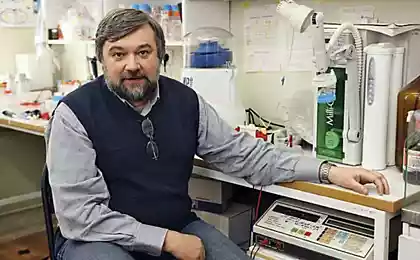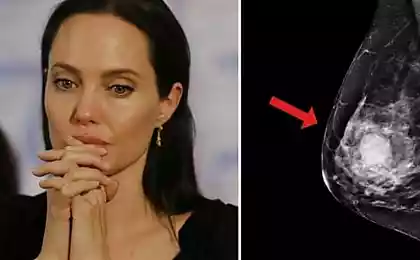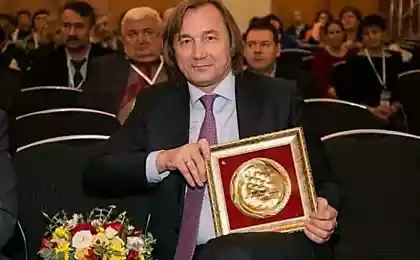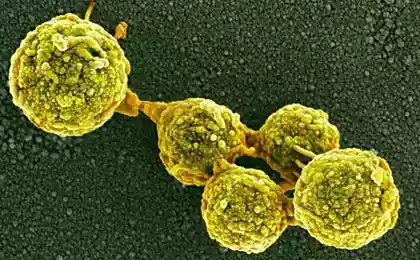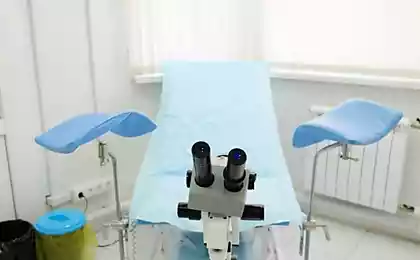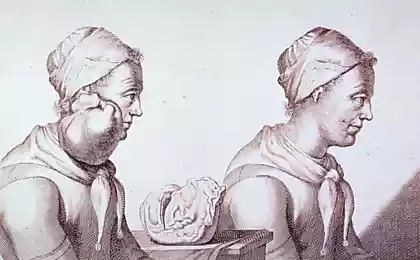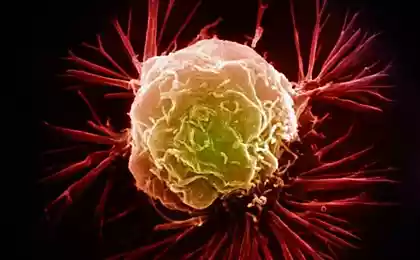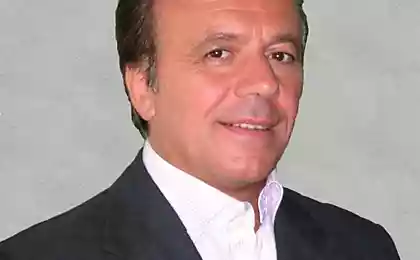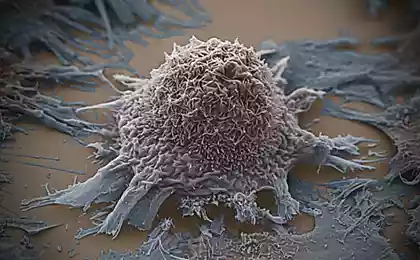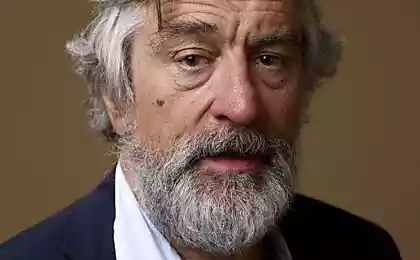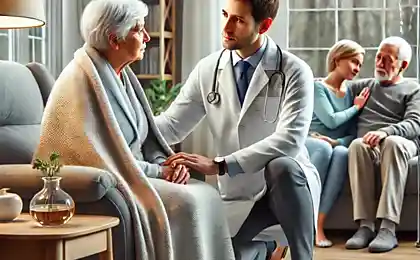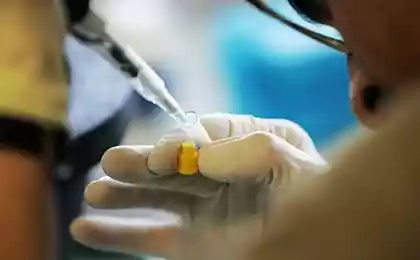194
A well-known oncologist says: "Then the gynecologist decided to train his hands - and also removed the ovaries." But cancer as a result ...”
Breast cancer is the most common cancer among women worldwide and is increasingly spreading in developing countries. Unfortunately, most cases of the disease are diagnosed in the late stages. One option breast cancer Preventive measures, and many women, fearing the development of breast cancer, resort to them and remove the breast.
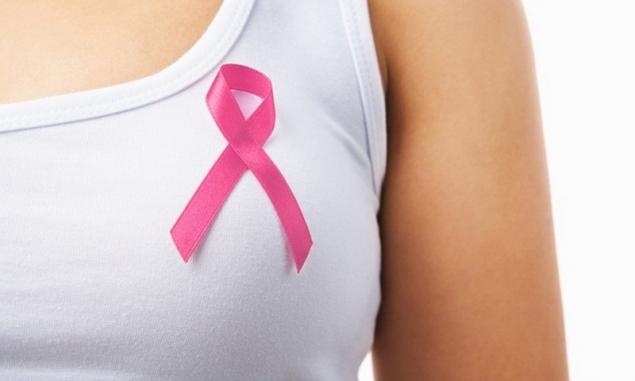
One of my mother’s friends decided to resort to these radical measures. At 43, she lost her mother, who in a couple of months just burned from breast cancer. The loss of the woman was very painful. A few months later, she decided that in order to avoid the same fate, she should get rid of the potential source of the disease.
She had both breasts removed, and then a “careful” surgeon advised her to remove her ovaries, too, to be sure. The impressionable and heartbroken woman agreed without even thinking.
It would seem that this is a good end, the organs are removed (we will not go into the unpleasant consequences), and cancer should not be feared, but it was not here. A few years after the operation, the woman was diagnosed with stomach cancer. She successfully fought non-existent diseases, but missed the present.
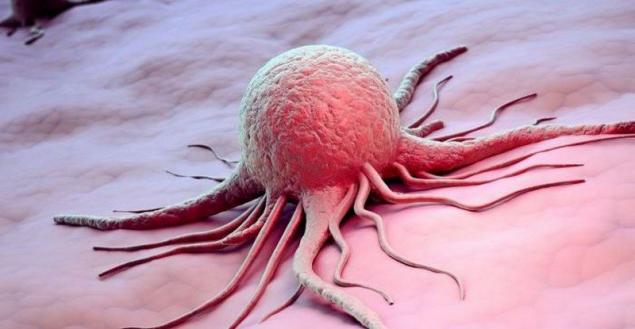
And such stories are not uncommon. Unfortunately, we know very little about this disease and treatment does not guarantee a one hundred percent result. People do not know what to do when faced with a disease, and the mere thought of it causes chilling horror.
Today. "Site" Share with you the opinion of a famous oncologist about when they will find cancerWhere it comes from and what to do with this terrible diagnosis.
The most interesting question is when will they invent cancer And this disease will stop being so scary.
Dr. Gennady Rabaev, a well-known Moscow oncologist, explained why it is not so easy to invent such a medicine: This is probably a philosophical question, because the name is one, and there are many diseases. Cancer in the Central Federal District may be biologically different from cancer in the Far East. Or, for example, prostate cancer 30 years ago and now are basically two different diseases.
It’s hard to talk about winning over cancer. Perhaps one day he will be defeated in some way, or perhaps he will change himself to the point where the war must be started again.”
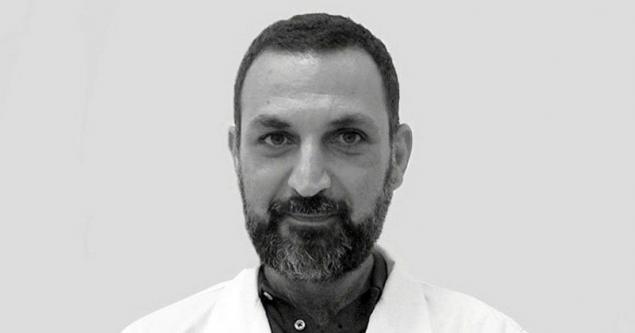
The cure for cancer - too generalized concept. Scientists are working to find a variety of treatments, and there is progress. For example, the work of scientists from the United States who are going to treat cancer with gene therapy is very encouraging.
Over the past few decades, the situation has changed significantly. Even 10-15 years ago, cancer was a sentence, but now some types of tumors are successfully treated. There are new drugs that allow not to cure completely, but to prolong life. In addition, doctors have made great progress in understanding the nature of the tumor and how it lives and develops in the human body. That's a lot.
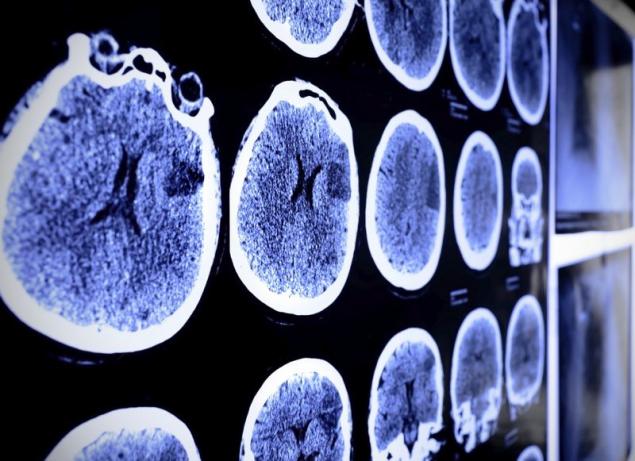
This is very important for understanding the nature of tumors and where they come from. Prevention is no less important than treatment. Everyone knows the most important risk factors, such as smoking. It is believed that this is a hundred percent risk zone, but this is not always the case. People with good immunity do not die from tobacco. Take Winston Churchill, who smoked a cigar and drank a bottle of cognac every day, but lived more than 90 years. Good genetics is also an important factor.
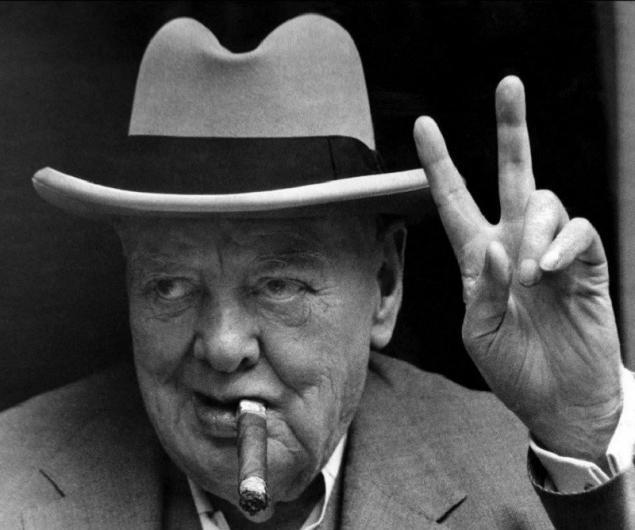
This proves once again how cunning and unpredictable cancer is. Dr. Rabayev tells about one interesting study of the causes of cancer: “Many medical centers have conducted research on the effects of stress and found that chronic stress leads to the activation of certain signaling pathways in the body, which in some situations can be associated with the development of malignancies.
That's a known fact. And it should be understood that even resentment is also a variant of chronic stress.” Isn’t that a good way to learn to forgive and let them go?
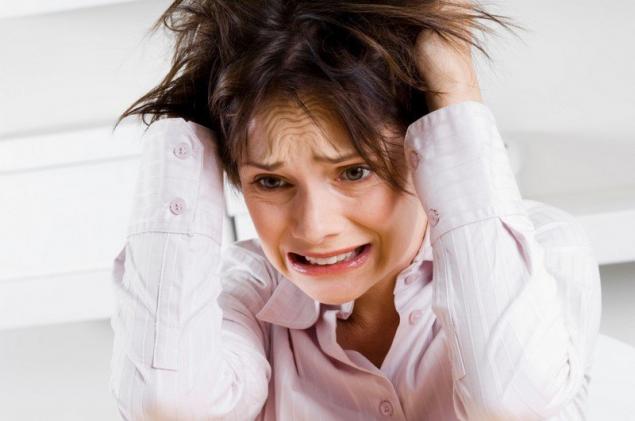
Now back to where we started. If you have cancer, what do you do about it? Who to trust and how to choose a doctor? In this regard, Gennady Rabaev gives some useful advice: “It is necessary to immediately understand that doctors can offer a completely uncomfortable method of treatment for the patient. At least two specialists should be consulted.
If the opinions coincide, then it is clear which treatment method should be chosen. And you should be treated by the doctor with whom it is most comfortable to communicate. If there is no coincidence or comfort, you need to start looking for a third specialist. It is always necessary to obtain an independent opinion.”
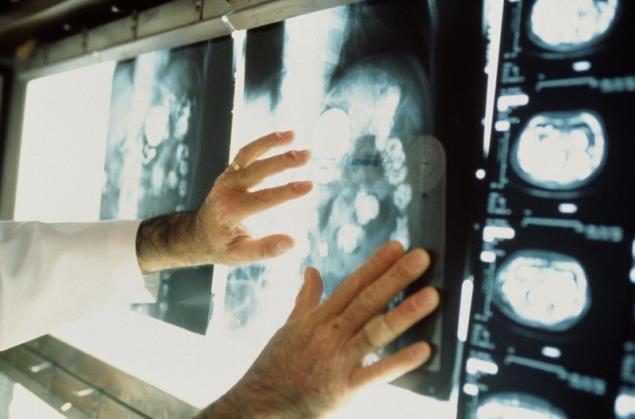
In general, there is no universal recipe that will help to cope with oncology or easier to survive it. Everyone develops their own method. Doctors recommend to fully study your disease, read everything possible about it to have all the information. You need to get a voluminous idea of your disease and look at it from different angles.
Rabayev advises to maintain the physical activity that was before the illness, because he believes that it helps to fight depression. He says: I had a very interesting patient of 80 years, one-eyed, who came to me with stage 4 rectal cancer. So he kept driving to work in the car between chemotherapy courses! These patients almost always live longer!
All this helps to understand the nature of the disease, frightening every person. And it gives hope that soon humanity will find a way to fight cancer even more effectively and one day will defeat it completely!
What do you think about that? Share with us in the comments!

One of my mother’s friends decided to resort to these radical measures. At 43, she lost her mother, who in a couple of months just burned from breast cancer. The loss of the woman was very painful. A few months later, she decided that in order to avoid the same fate, she should get rid of the potential source of the disease.
She had both breasts removed, and then a “careful” surgeon advised her to remove her ovaries, too, to be sure. The impressionable and heartbroken woman agreed without even thinking.
It would seem that this is a good end, the organs are removed (we will not go into the unpleasant consequences), and cancer should not be feared, but it was not here. A few years after the operation, the woman was diagnosed with stomach cancer. She successfully fought non-existent diseases, but missed the present.

And such stories are not uncommon. Unfortunately, we know very little about this disease and treatment does not guarantee a one hundred percent result. People do not know what to do when faced with a disease, and the mere thought of it causes chilling horror.
Today. "Site" Share with you the opinion of a famous oncologist about when they will find cancerWhere it comes from and what to do with this terrible diagnosis.
The most interesting question is when will they invent cancer And this disease will stop being so scary.
Dr. Gennady Rabaev, a well-known Moscow oncologist, explained why it is not so easy to invent such a medicine: This is probably a philosophical question, because the name is one, and there are many diseases. Cancer in the Central Federal District may be biologically different from cancer in the Far East. Or, for example, prostate cancer 30 years ago and now are basically two different diseases.
It’s hard to talk about winning over cancer. Perhaps one day he will be defeated in some way, or perhaps he will change himself to the point where the war must be started again.”

The cure for cancer - too generalized concept. Scientists are working to find a variety of treatments, and there is progress. For example, the work of scientists from the United States who are going to treat cancer with gene therapy is very encouraging.
Over the past few decades, the situation has changed significantly. Even 10-15 years ago, cancer was a sentence, but now some types of tumors are successfully treated. There are new drugs that allow not to cure completely, but to prolong life. In addition, doctors have made great progress in understanding the nature of the tumor and how it lives and develops in the human body. That's a lot.

This is very important for understanding the nature of tumors and where they come from. Prevention is no less important than treatment. Everyone knows the most important risk factors, such as smoking. It is believed that this is a hundred percent risk zone, but this is not always the case. People with good immunity do not die from tobacco. Take Winston Churchill, who smoked a cigar and drank a bottle of cognac every day, but lived more than 90 years. Good genetics is also an important factor.

This proves once again how cunning and unpredictable cancer is. Dr. Rabayev tells about one interesting study of the causes of cancer: “Many medical centers have conducted research on the effects of stress and found that chronic stress leads to the activation of certain signaling pathways in the body, which in some situations can be associated with the development of malignancies.
That's a known fact. And it should be understood that even resentment is also a variant of chronic stress.” Isn’t that a good way to learn to forgive and let them go?

Now back to where we started. If you have cancer, what do you do about it? Who to trust and how to choose a doctor? In this regard, Gennady Rabaev gives some useful advice: “It is necessary to immediately understand that doctors can offer a completely uncomfortable method of treatment for the patient. At least two specialists should be consulted.
If the opinions coincide, then it is clear which treatment method should be chosen. And you should be treated by the doctor with whom it is most comfortable to communicate. If there is no coincidence or comfort, you need to start looking for a third specialist. It is always necessary to obtain an independent opinion.”

In general, there is no universal recipe that will help to cope with oncology or easier to survive it. Everyone develops their own method. Doctors recommend to fully study your disease, read everything possible about it to have all the information. You need to get a voluminous idea of your disease and look at it from different angles.
Rabayev advises to maintain the physical activity that was before the illness, because he believes that it helps to fight depression. He says: I had a very interesting patient of 80 years, one-eyed, who came to me with stage 4 rectal cancer. So he kept driving to work in the car between chemotherapy courses! These patients almost always live longer!
All this helps to understand the nature of the disease, frightening every person. And it gives hope that soon humanity will find a way to fight cancer even more effectively and one day will defeat it completely!
What do you think about that? Share with us in the comments!
